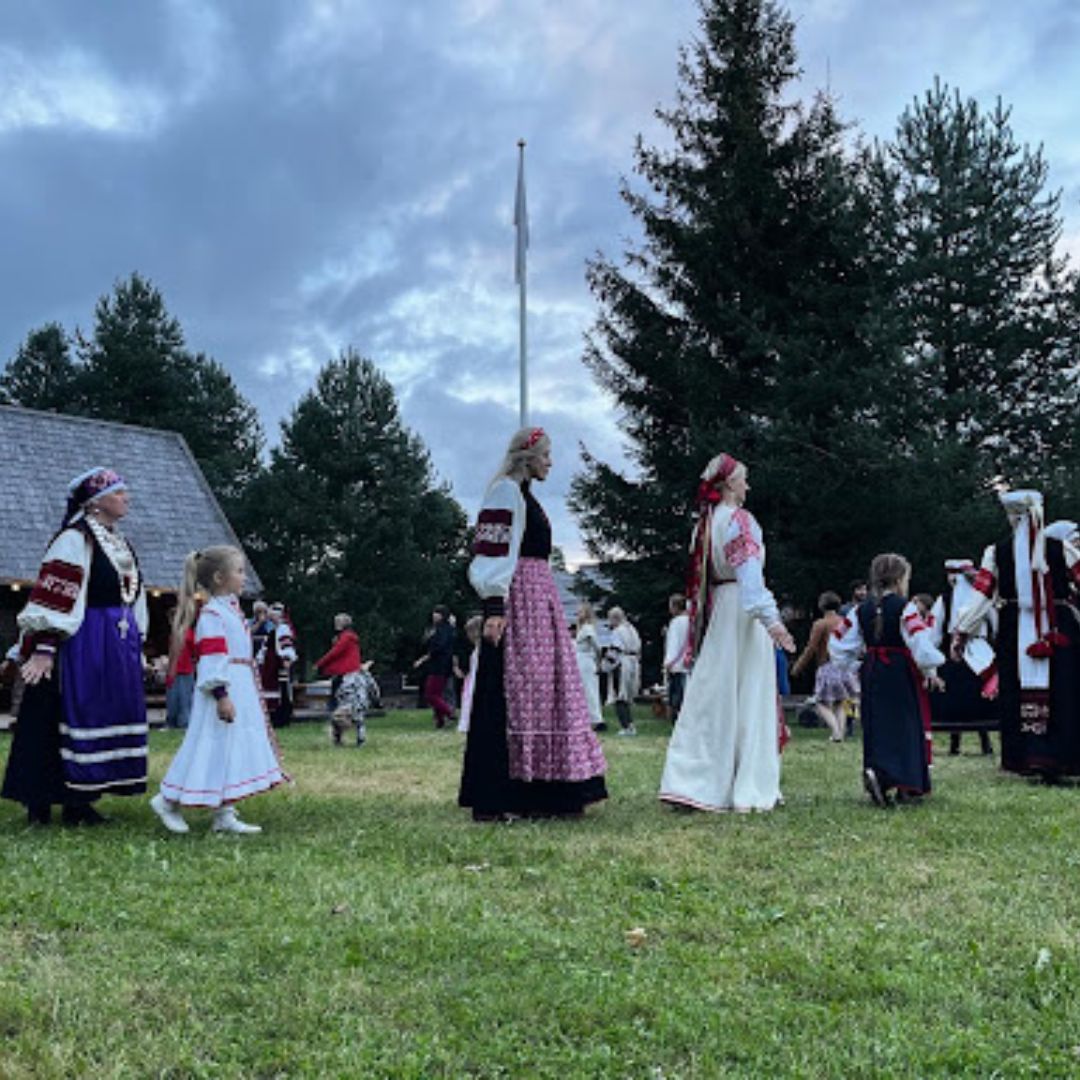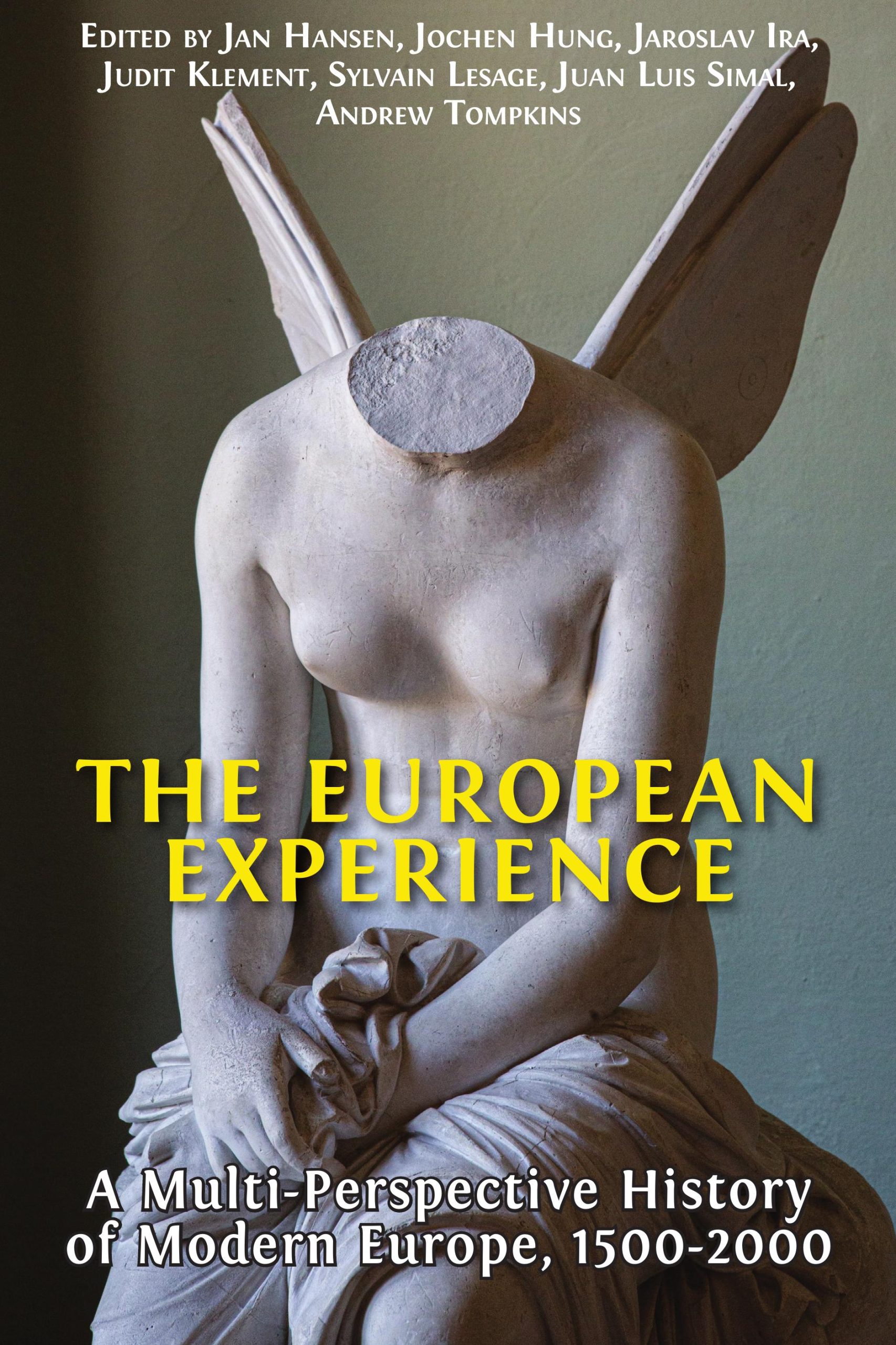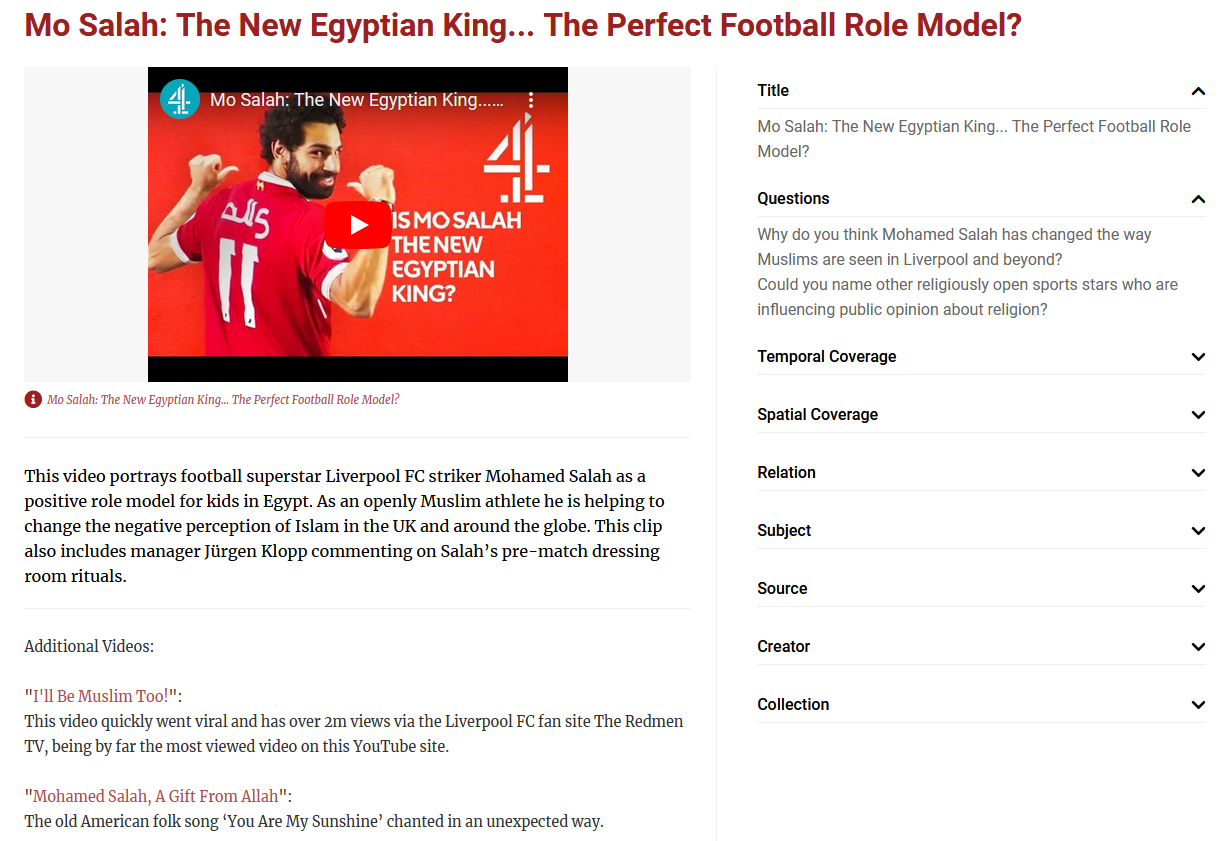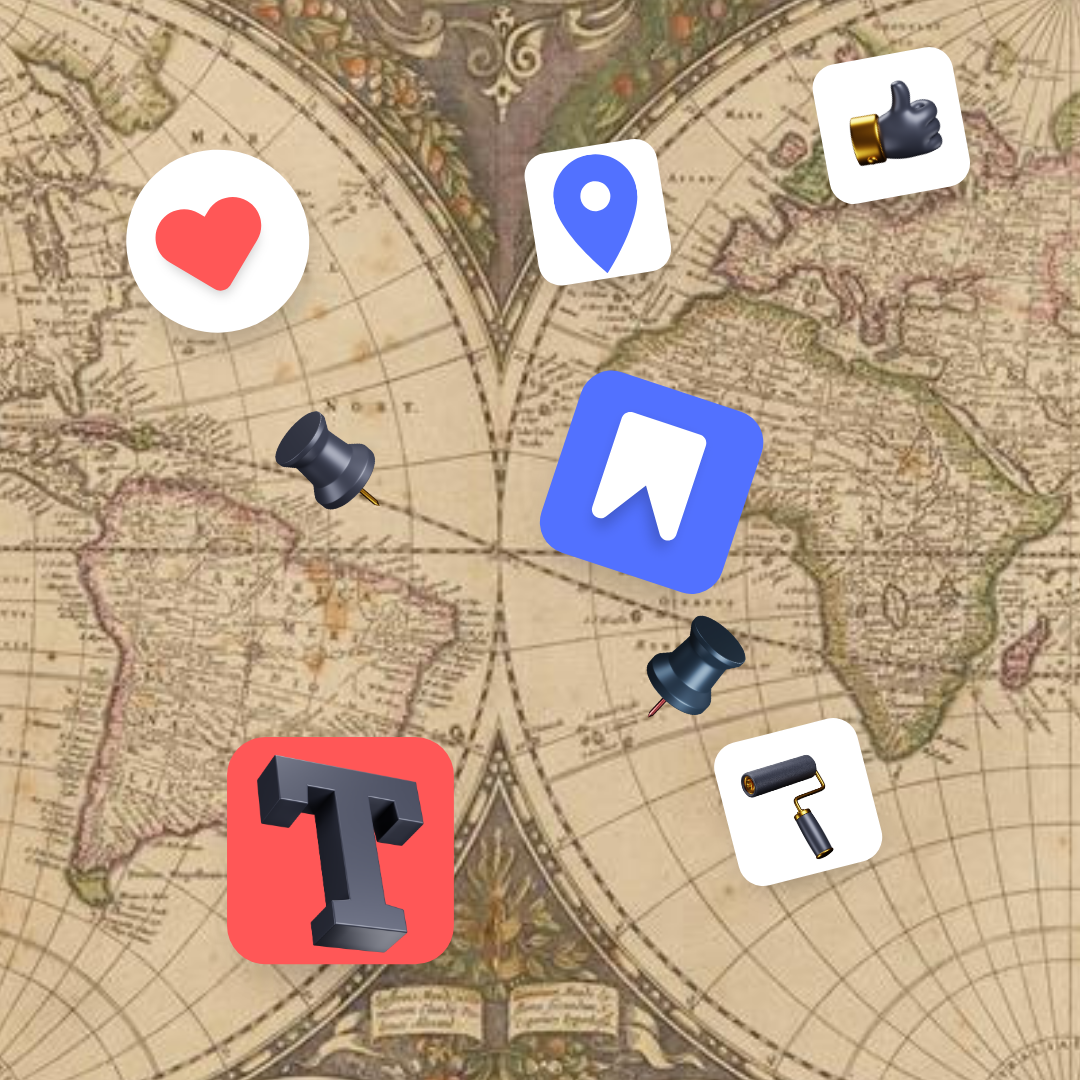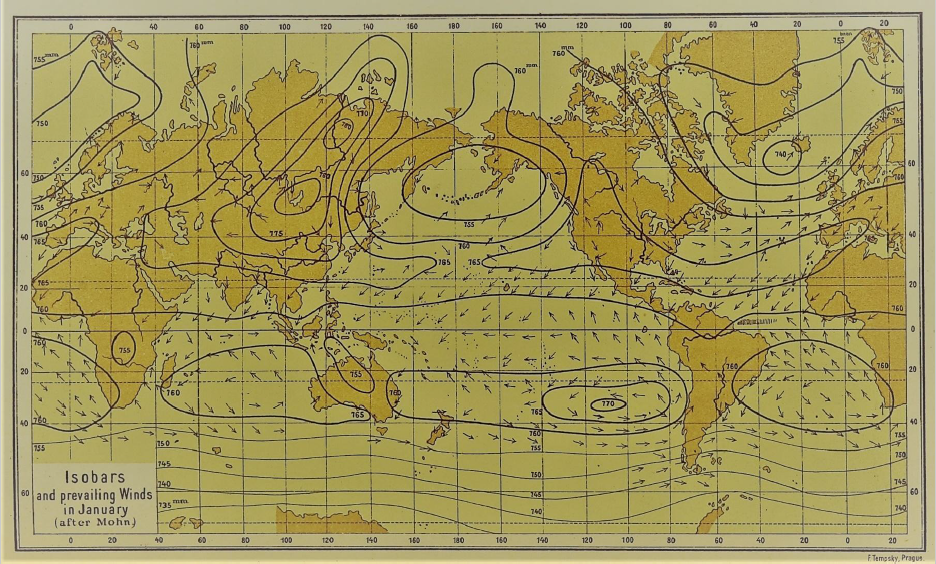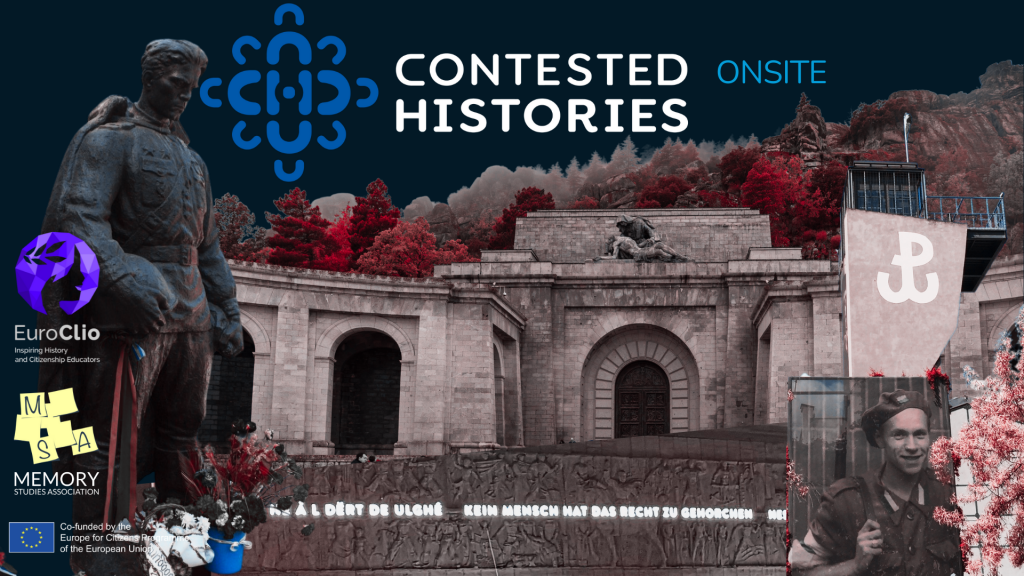
Clashing perceptions of history can be the source of serious divisions in society. The Memory Studies Association (MSA) and EuroClio work to turn these challenges into learning opportunities. When done well, education can be the best way to convey the complex perceptions of the past. We noted the potential of contested historical sites as spaces for teaching, learning and working towards social and historical justice.
With support from the EU’s Europe for Citizens programme, Onsite offered insights into different memory case studies in Europe through lectures, tours and podcasts on four contested sites across Europe.
History and how history is represented in the present concern us all. Memory construction is part of the very fabric of society, and the growing questions of history and identity on the left and right are increasingly placing memory to the fore of the political arena. We believe this critical deconstruction of historical narratives will raise awareness of practices of remembrance, common history and values, thereby strengthening a sense of unity that transcends national differences.
The project Contested Histories Onsite aspired to offer toolkits to educators and other stakeholders to better understand and address the complex legacies of Europe’s totalitarian past. By doing so, the aim was to highlight that historical complexity and contestation are universal themes across European societies and to motivate conversation surrounding histories.
Throughout the project, a core team of educators and academics worked with MSA and EuroClio to develop, test, and improve tours for the general public and create a toolkit for educators and other stakeholders interested in knowledge-sharing on contested sites.
Prior to the tours, a public lecture was held to give historical and contemporary context to the sites. At each site, attention was paid to the European dimension of disputes over historical legacies, to the complexities of historical memory, multiperspectivity, and drawing transnational connections. The toolkit has been peer-reviewed and translated into Estonian, Italian, Polish, Russian and Spanish.

